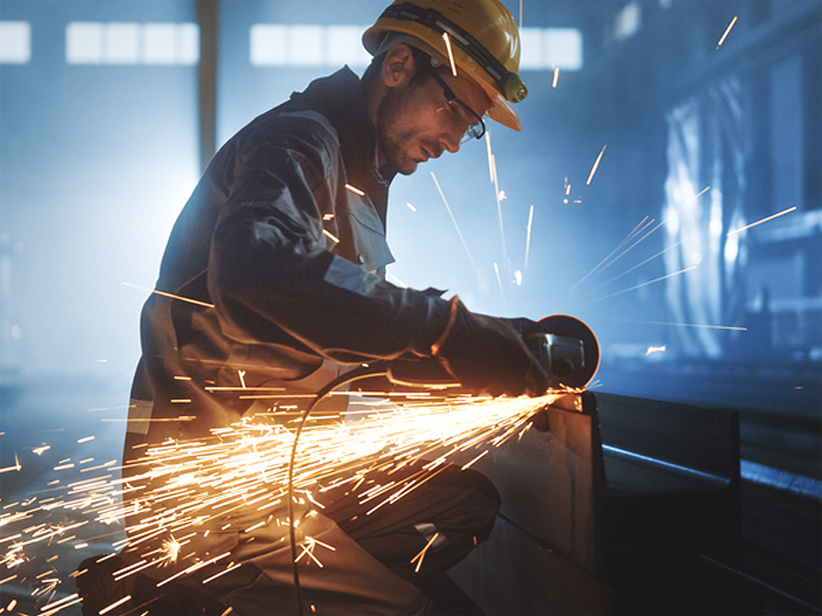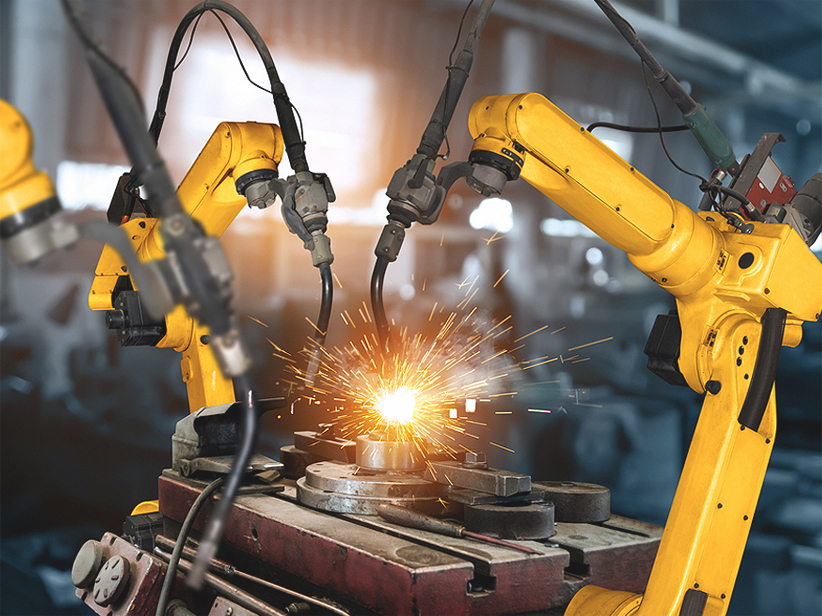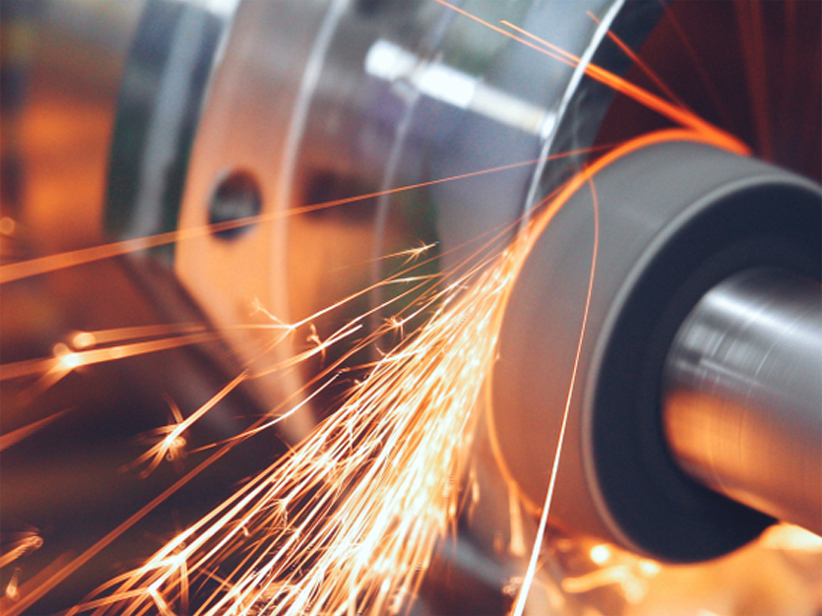THE RISE OF THE INDIAN AUTOMOTIVE SECTOR — POST COVID-19 LOCKDOWNS
After a 4-month-long dip during the lockdowns, various India’s manufacturing industry sectors pointed upwards during August in light of the ‘unlock 1.0’ announcements. The automotive sector, especially, has a large ground to recover, with major car producers such as Tata Motors and Mahindra and Mahindra sustaining commercial losses of about 87% and 88%, respectively. But to everyone’s surprise, the post-lockdown surge in the car market is not just growing but surpassing the estimates made by industry experts during lockdown!
To give you the best example, Maruti Suzuki, one of the key figures in the Indian car market, recorded sales of 1,66,825 units this October, beating their previous sales of 1,41,550 units in October 2019. This approx. A 17.9% hike proved that the automotive market was set to face a demand surge shortly.
This leaves us with the question, “what exactly is triggering this unexpected rise?” Many economists and automotive experts have tried to answer this question by factoring in different relevant aspects that arose due to COVID-19. Here are some of the prominent aspects that were quite common in these discussions:
PUBLIC TRANSPORT RESTRICTIONS:
The primary reason for the boosted automobile demand is the governments’ unpredictable restrictions imposed on local, national, and international travel. Though most states have rebooted public transports, the frequency has been reduced drastically. And when it comes to interstate travel, many states have mandated the COVID-19 test report to be disclosed on arrival. And with the uncertainty of COVID-19 cases, we are still far from assuming that no more lockdowns may be reinstated.
All these factors have collectively diverted the general public towards opting for private vehicles. Even motorcycles and mopeds are selling rapidly, but SUVs, Sedans, and compact cars are the majority choice.
PERSONAL SAFETY
You can’t follow apt social distancing rules in public transports, especially in a crowded country like India. Plus, buses and trains are hotspots for touchpoints and viral contact. Consequently, middle-class citizens who require a mandatory vehicle for traveling to-and-fro their workplaces are now hunting for affordable car options.
People are more concerned about the risks of them infecting their family members than being infected. Hence, to ensure the entire family’s safety, it has become a virtual necessity to have a private transport mode.
Apart from the comfort and convenience of traveling, a car also offers a prominent feature that other vehicles may not, which is the isolation from outside air and proper ventilation for inner hygiene.
The recently launched cars offer a myriad of benefits over motorcycles and public transports. The key car features that were highlighted during this pandemic were contactless digital locking and security systems, gesture controls, virtual assistant, personalization, navigation, and predictive maintenance options.
Since the car will be used more for office commutes and long-distance travels, people are also looking for comfort features along with safety management.
An anonymous report showed that more than 50% of Indians had shown interest in buying a car in 2020. And the main catalyst of this reaction may be the pocket-friendly, lucrative incentives that are being offered by carmakers.
Mahindra, Honda, Hyundai, Volkswagen, and many others tagged their best selling cars with eye-catching offers and deals to encourage the common public.
No-Cost EMIs have become a common tongue amount most car sellers. And many companies allowed a moratorium of up to 3 months on EMIs for the working class, which was majorly affected by the lockdowns.
During the lockdowns, a report compared the sales of new cars versus used cars and showed that where the automobile manufacturing market was struggling to survive, the used car market was booming with inquiries.
To a majority of the Indian working class, a good-condition used car is still as good an option as a new car if it saves them good bucks, which is why many have opted for a less-costly used car over new ones.
All in all, car owners get to upgrade to a new model by selling their existing cars at a lucrative rate while new car owners get to save more, it’s a win-win.
The automotive sector, owing to its unforeseen challenges in meeting consumer demands, also catalyzed the work and output demands of manufacturing industries. Though the recovery is slow, various manufacturers that depend on the automotive sector for business are running in full capacity. Especially, the steel production industry has received much positive response from their automotive clients for auto components. Our team at Venus has been working since June to offer high-quality steel products to our automotive clients nationally and internationally.
The only factor that remains unpredictable now is whether the automotive-based steel manufacturers in India will regain their domestic demands or depend on exports for full recovery by 2021.







